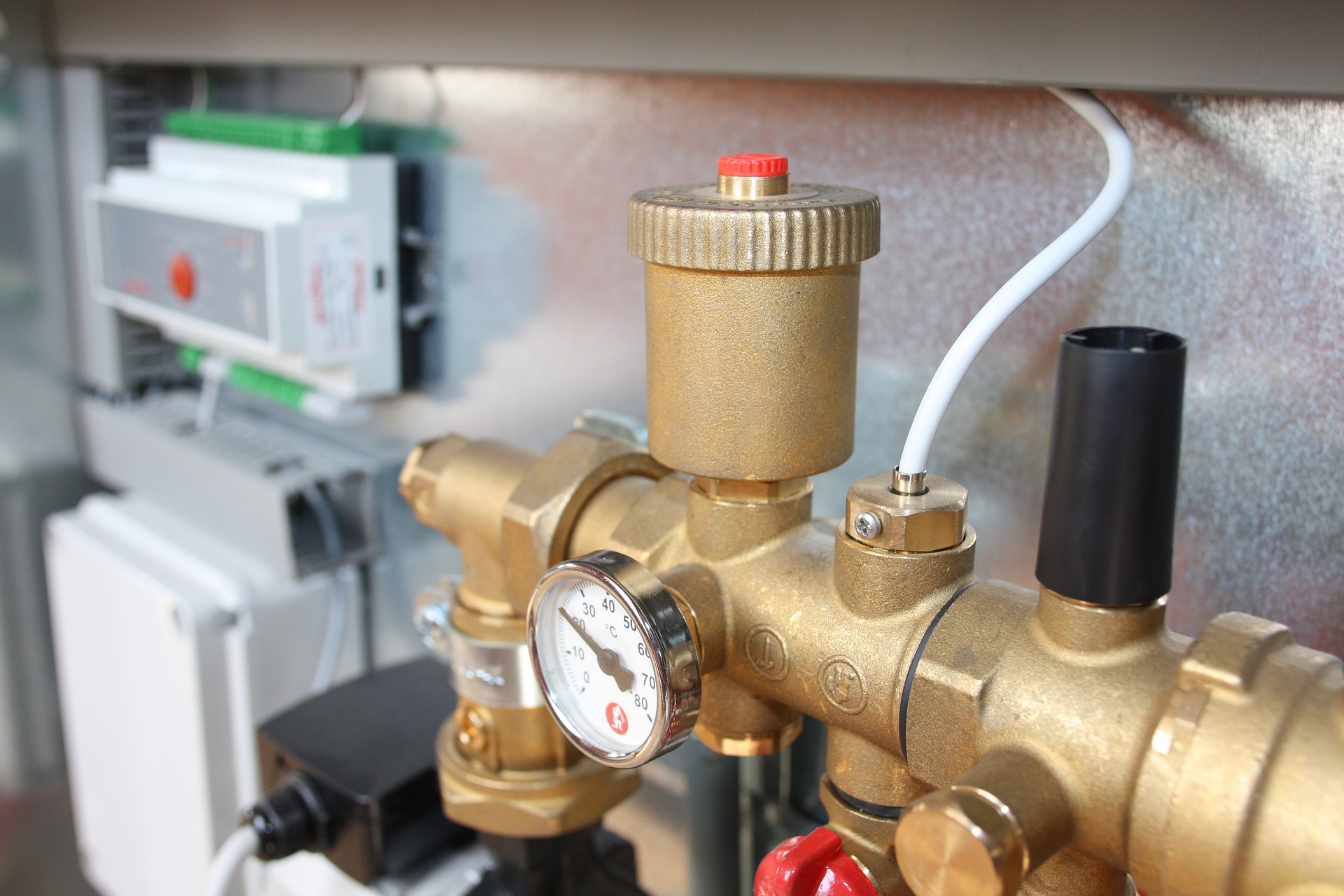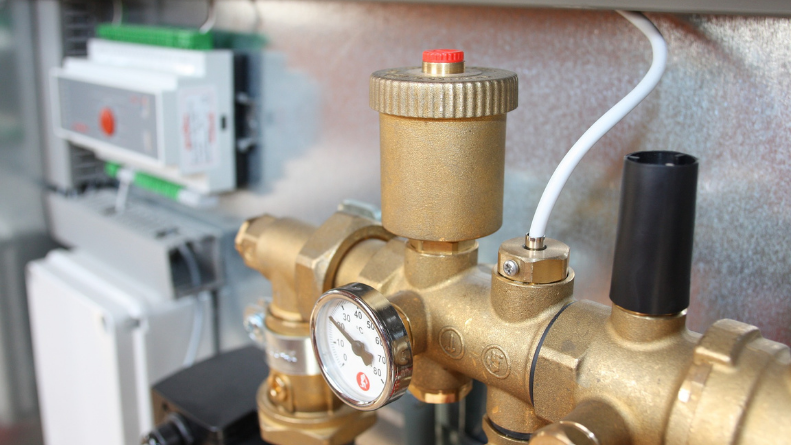A Closer Look at the £5,000 Heat Pump Grants
A recent UK Government announcement stated that households in England and Wales should consider replacing their gas boilers with low-carbon options, including heat pumps. “Our new heat pump grants will help homeowners make the switch sooner, without costing them extra, so that going green is the better choice when their boiler needs an upgrade,” said Prime Minister Boris Johnson.
Known as the Heat and Buildings Strategy, over the course of three years, £450 million will be invested in a boiler refurbishment programme that will service 90,000 homes. However, about 22 million homes use natural gas to heat their homes at this time; 90,000 represents a small proportion of this.
By 2035, no new gas boilers are to be sold, in line with the Government’s commitment to net zero by 2050.
Air-source heat pumps are quite pricy and come in at between £6,000 and £18,000, depending on things like how large the property is and the type of pump being installed.
Who is eligible for the heat pump grants?
Applications for the boiler upgrade grant, which comes into effect next month in April 2022, can come from homeowners, small landlords, and private landlords in England and Wales. However, newly built houses and social housing schemes will not be able to apply.
The application for the grant will not be made directly by the households and landlords themselves, but on their behalf by the companies installing them. If the heat pump grants application is successful, the final payment due by the household will be the remaining sum after the grant has been deducted.
It is likely that many more people will end up paying for their own pumps and taking the matter into their own hands as their ageing boilers come to the end of their shelf life. Converting to more energy-efficient heat pumps will, in the long term, save money on energy bills. It will also raise the Energy Performance Certificate (EPC) rating, which is something that many now look at when buying a new home or renting. Indeed, landlords are required to give a copy of the EPC to new tenants.
Will replacement be mandatory?
Households will not be mandated to replace their gas boilers. Instead, the Government is encouraging households to consider replacing their boilers over the next 14 years by opting for more energy-efficient and environmentally friendly ones.
With greater awareness in the public consciousness of environmental issues concerning global warming and CO2 emissions, it’s expected that more and more people will see the benefit of changing their ways and doing their bit to mitigate environmental impact.
What are heat pumps?
Heat pumps are not new technology, and the concept has been around for a very long time. They work by extracting heat from the surrounding environment, from the ground, air, or nearby water, and transferring this energy into the home where it can be used for heating the home or by supplying hot water. Naturally, the colder it is outside, the less effectively heat pumps will operate.
For heat pumps that use the air as a source of heat (an air source heat pump), they resemble an air conditioning unit and are installed on the exterior of the property. They come in various sizes depending on the amount of heat that is required for the size of the home.
Ground source heat pumps, on the other hand, need ample outside space, enough to dig trenches or boreholes.

While it is true that heat pumps need electricity to operate, they are far more energy efficient compared to conventional heating technologies because they do not need to burn fuel in order to create heat. To get the full benefit from heat pumps, it’s necessary to have a home that is well insulated.
Although heat pumps are currently priced between £6,000 and £18,000, the UK Government has said that it expects the price to fall over the coming years as the technology is improved further and more people take them up. One estimate coming from a renewable energy group, Octopus Energy, thinks that heat pumps will probably be the same price as gas boilers within the next year or two.
Are there alternatives to heat pumps?
Not all properties will be suited to heat pumps, so the disparity between property types throughout the UK means that there will need to be low carbon alternatives available to heat pumps. One such possibility is the hydrogen-ready boiler. A dual-purpose technology, they can burn either natural gas or hydrogen.
Are there any potential pitfalls with this scheme?
The sums offered by the Government are only a drop in the bucket of what is needed to help millions of households transition to heat pumps. At a time of economic uncertainty and rising inflation, the Government faces a real challenge in reaching its targets.
Furthermore, previous schemes like the Green Homes Grant proved to be poorly implemented and resulted in households having to pay out administration costs of £1,000, as reported by the National Audit Office. When Government schemes are underfunded and poorly implemented, the costs to struggling families can have a major impact on people’s lives.
ARE YOU READY TO START INVESTING?
Subscribe to our mailing list now for exclusive deals, investment guides and the latest information from the property market.







